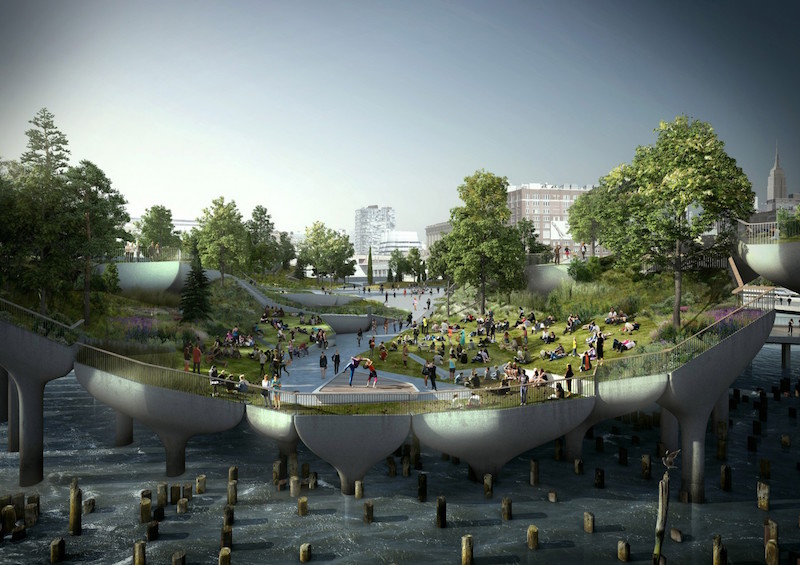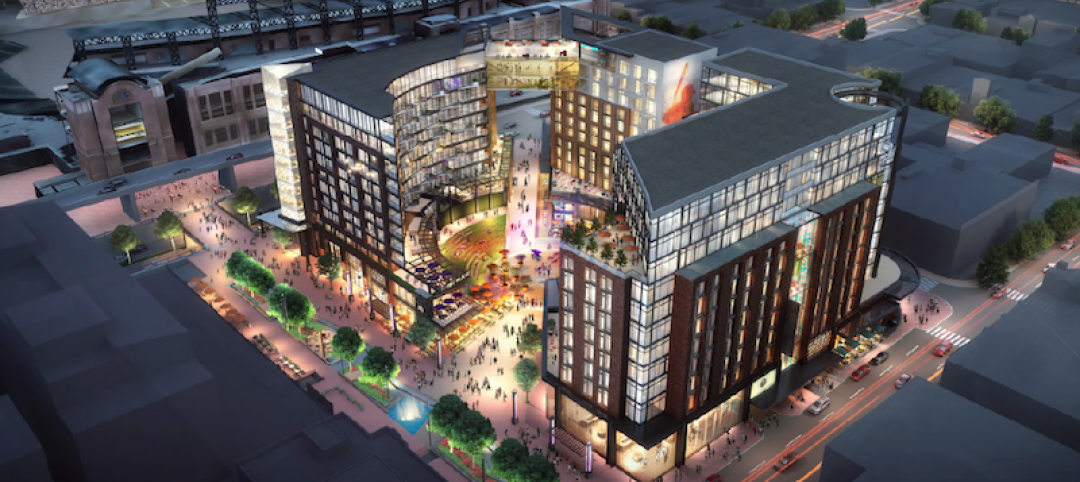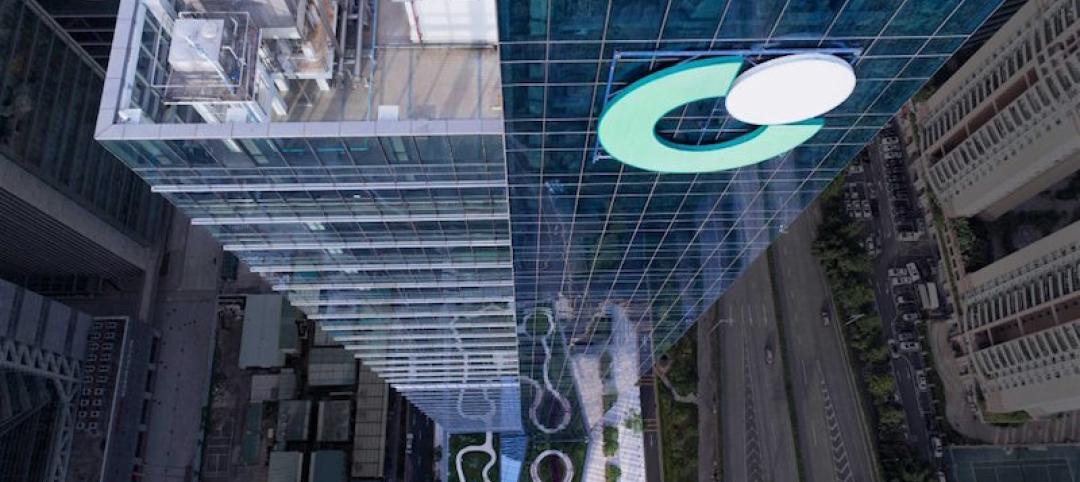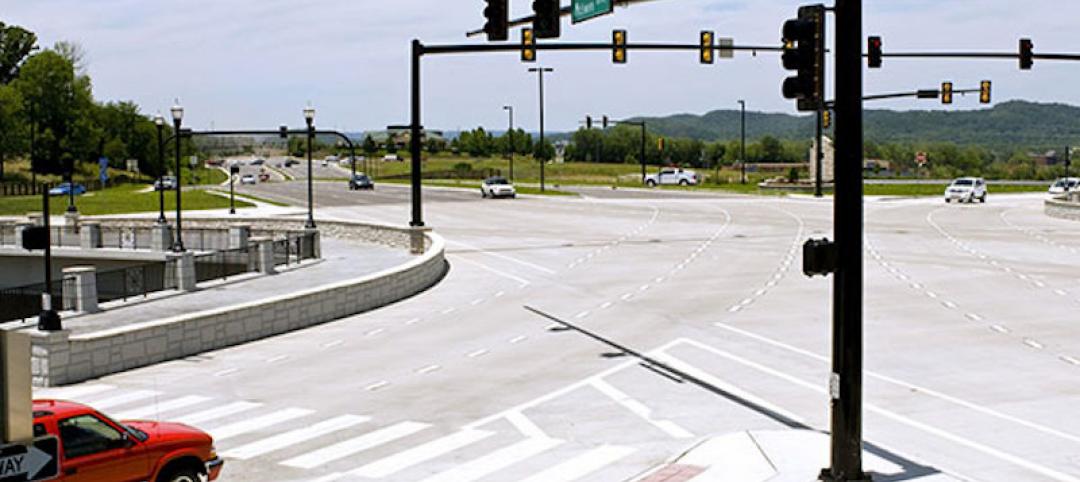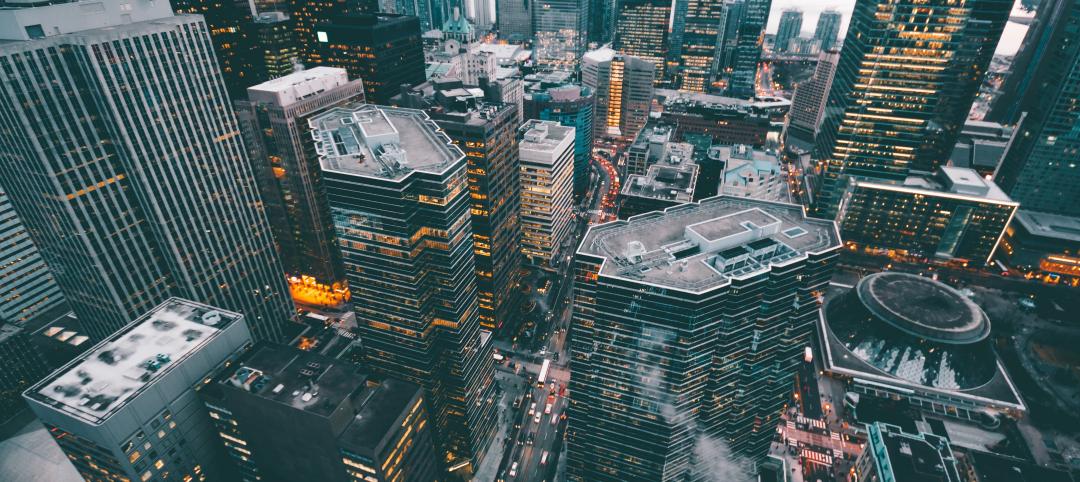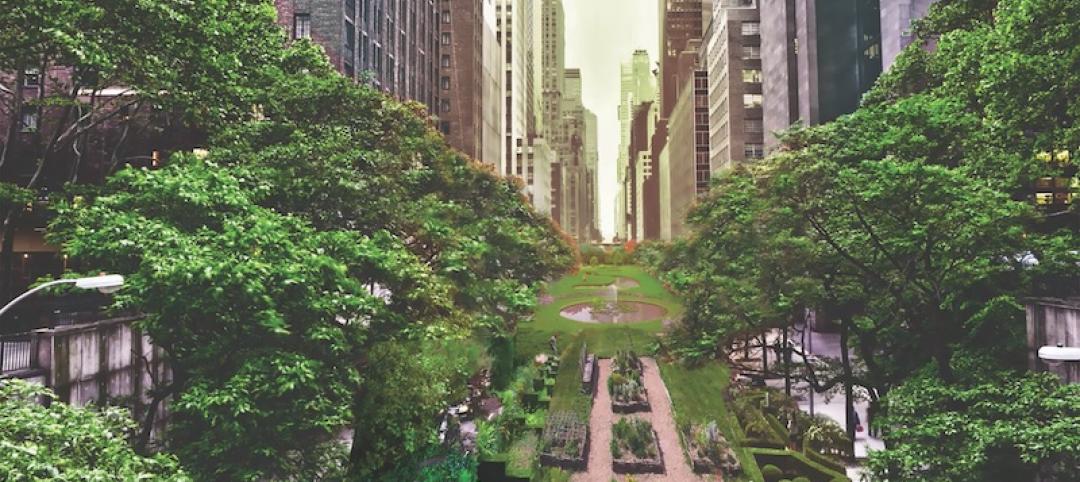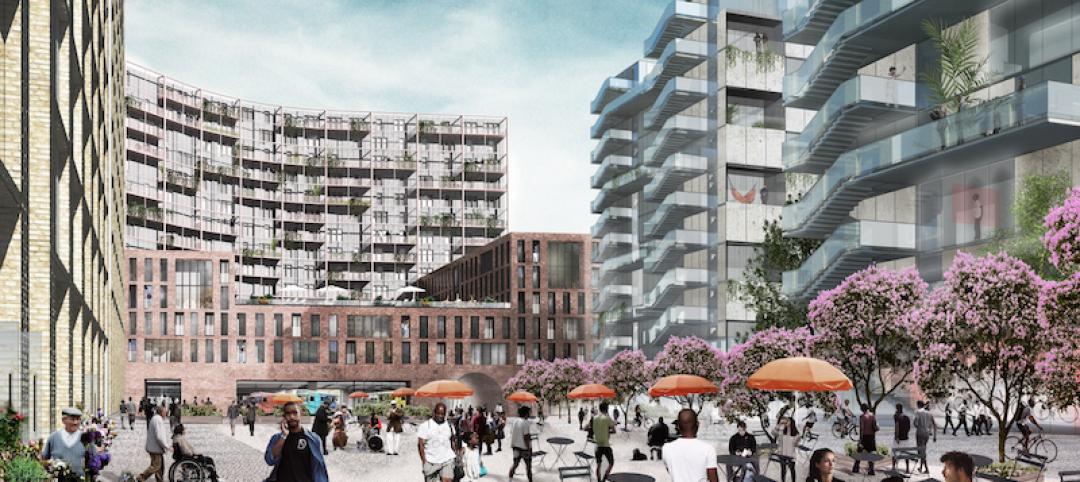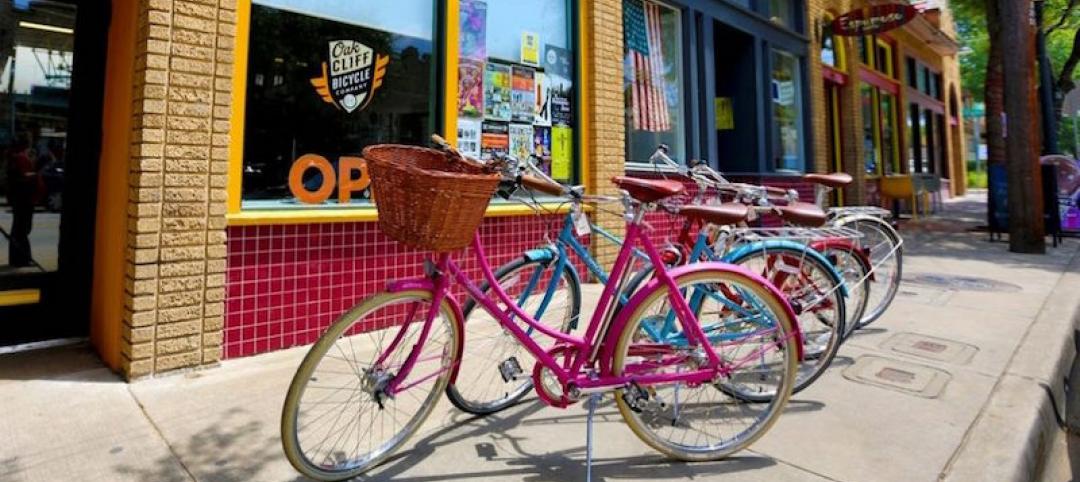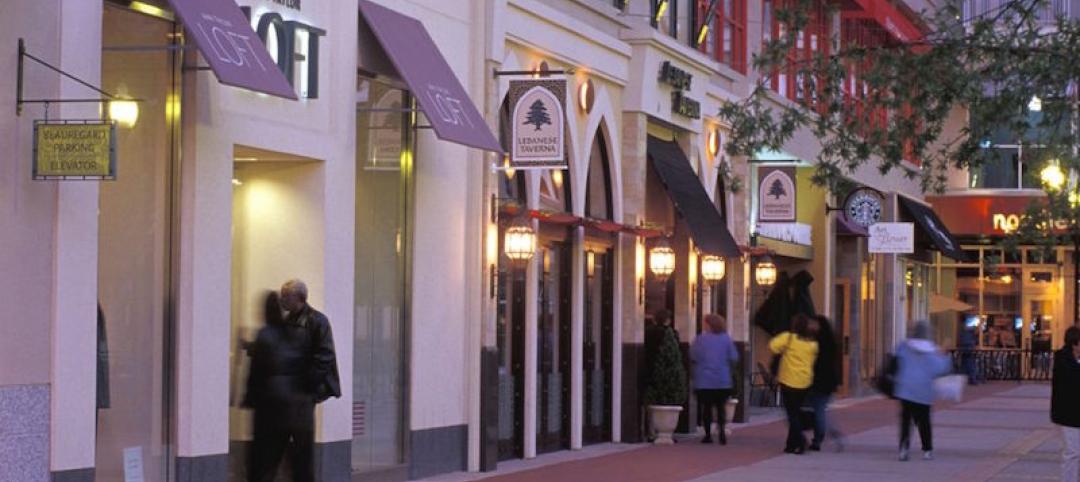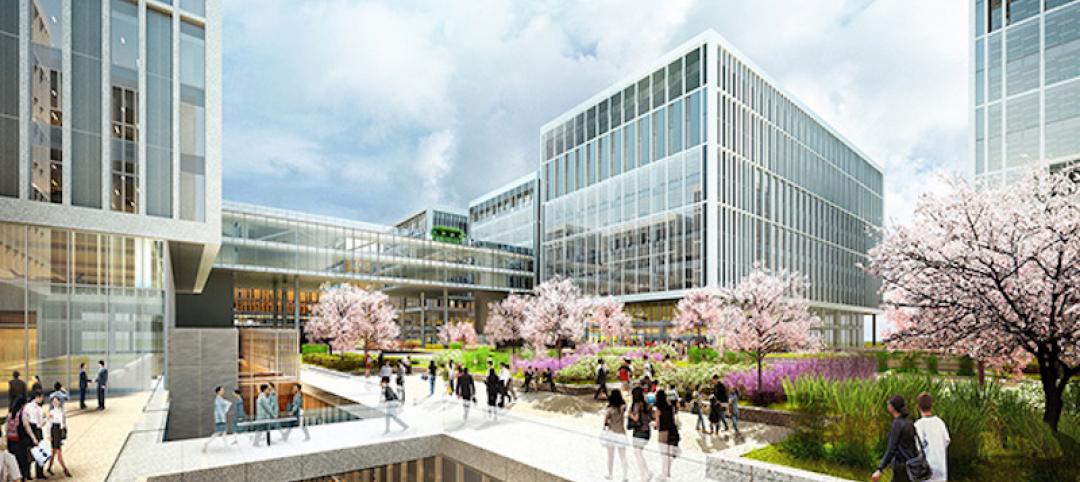Pier 55, a 2.7 acre park rising above the Hudson River on Manhattan’s lower west side, can move forward without hesitation as the New York Court of Appeals has denied City Club of New York’s motion for leave.
The park, whose construction is being privately funded by Diane Von Furstenberg and Barry Diller, has been embroiled in a legal battle almost from the moment of its conception.
The City Club brought forth the lawsuit arguing that just because the project is being privately funded, that doesn’t mean the basic rules of environmental review, public involvement, and the need for competitive bidding can be ignored. City Club also takes issue with the fact that the park will sit atop 550 piles and rise as high as seven stories above the water, fully obscuring a wide-open view of the Hudson.
City Club’s brief focused on the following issues:
- Failure to do an environmental impact statement
- Failure to study cumulative impacts of two related projects, Piers 55 and 57
- Failure to obtain competitive bids
- Failure to comply with legislation to allow reconstruction of Pier 54
- Failure to apply the public trust doctrine, particularly to ensure open public access
City Club says it got into the case because the project illustrates a city-is-for-sale mentality, is illegal under the terms of the Park Act, and bypassed environmental protection laws.
However, the most recent ruling from the Appellate Division may be the end of the lawsuit once and for all, as the Court of Appeals was one of the group’s final avenues for delaying the project, Curbed New York reports.
In a statement, Hudson River Park Trust President & CEO Madelyn Wils referred to the lawsuit as “ill-conceived” while expressing excitement over being able to continue construction on “one of the city’s most spectacular new public spaces.”
 Rendering courtesy of Heatherwick Studio
Rendering courtesy of Heatherwick Studio
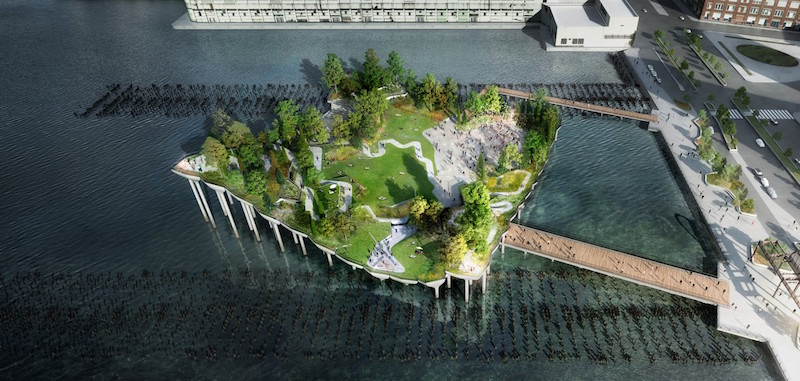 Rendering courtesy of Heatherwick Studio
Rendering courtesy of Heatherwick Studio
Related Stories
Urban Planning | Dec 4, 2017
Sports ‘districts’ are popping up all over America
In downtown Minneapolis, the city’s decision about where to build the new U.S. Bank Stadium coincided with an adjacent five-block redevelopment project.
Urban Planning | Dec 4, 2017
Can you spark an urban renaissance?
Thoughtful design, architecture, and planning can accelerate and even create an urban renaissance.
Urban Planning | Nov 20, 2017
Creating safer streets: Solutions for high-crash locations
While there has been an emphasis on improving safety along corridors, it is equally important to focus on identifying potential safety issues at intersections.
Urban Planning | Nov 16, 2017
Business groups present a new vision of Downtown Houston as that city’s unavoidable hub
The plan, which took 18 months to complete, emphasizes the centrality of downtown to the metro’s eight counties.
Architects | Oct 30, 2017
City 2050: What will your city look like in 2050?
What do we think the future will look like 30 years or so from now? And what will City: 2050 be like?
Great Solutions | Oct 17, 2017
Loop NYC would reclaim 24 miles of park space from Manhattan’s street grid
A new proposal leverages driverless cars to free up almost all of Manhattan’s Park Avenue and Broadway for pedestrian paths.
Mixed-Use | Aug 2, 2017
Redevelopment of Newark’s Bears Stadium site receives team of architects
Lotus Equity Group selected Michael Green Architecture, TEN Aquitectos, Practice for Architecture and Urbanism, and Minno & Wasko Architects and Planners to work on the project.
Urban Planning | Jul 21, 2017
Streets as storytellers: Defining places and connecting people
“In a city the street must be supreme. It is the first institution of the city. The street is a room by agreement, a community room, the walls of which belong to the donors, dedicated to the city for common use.” – Louis Kahn
Urban Planning | Jun 26, 2017
Convenience and community lead the suburban shift
As the demand for well-connected urban locales increases, so too has the cost of property and monthly rent; and as suburbs typically offer a bargain on both, more people are looking for a compromise.
Office Buildings | Jun 12, 2017
At 11.8 million-sf, LG Science Park is the largest new corporate research campus in the world
The project is currently 75% complete and on schedule to open in 2018.


